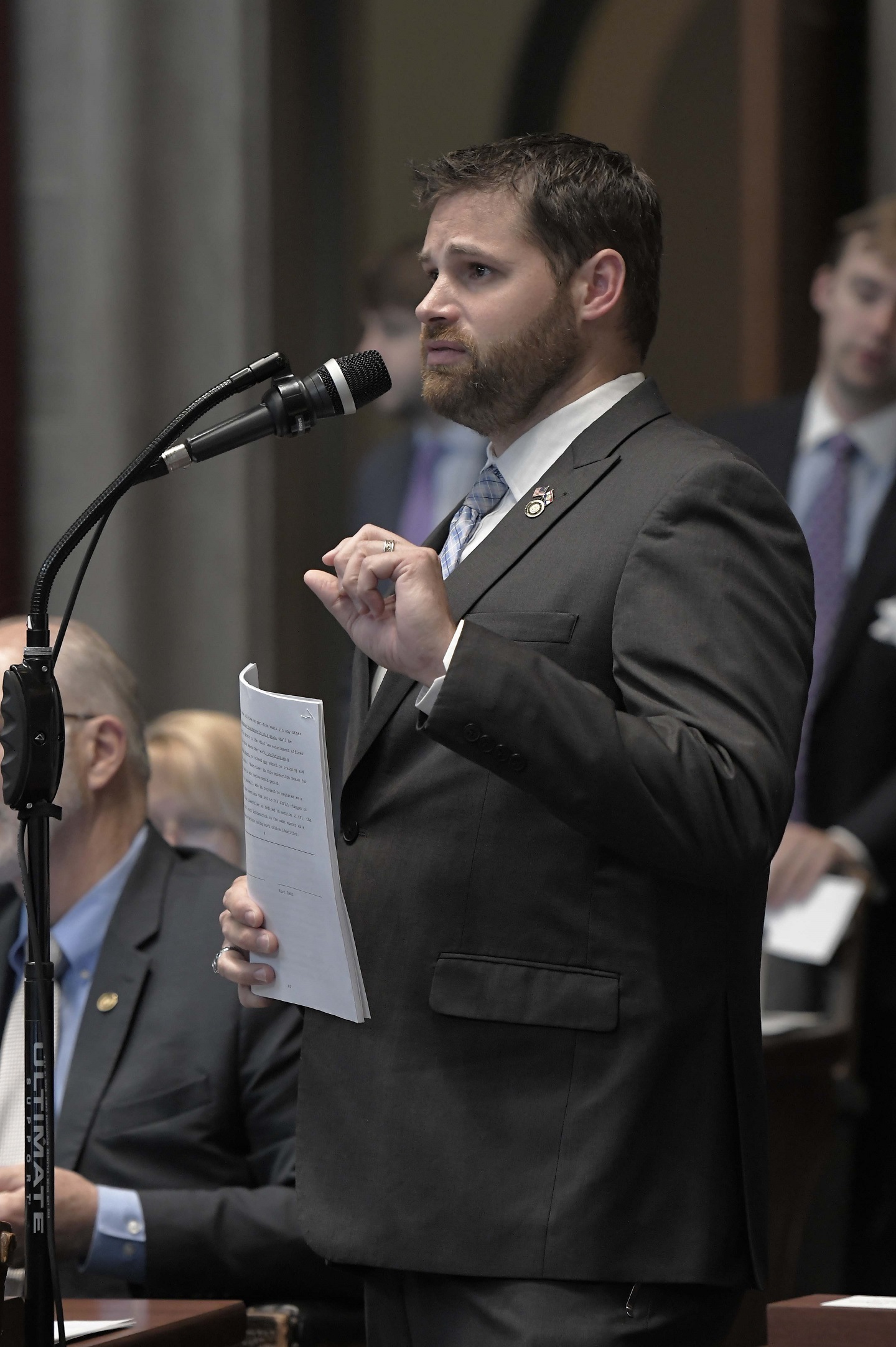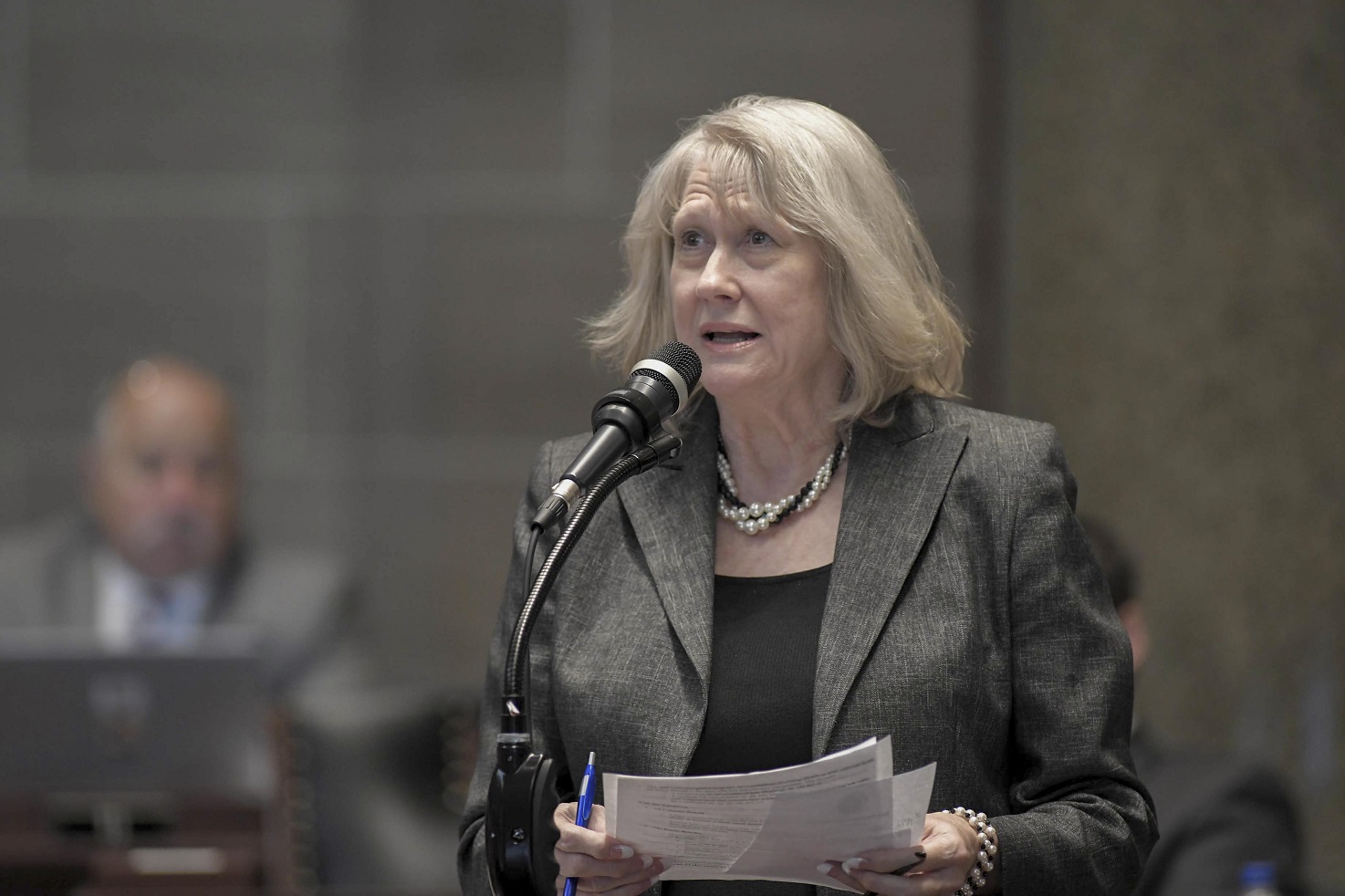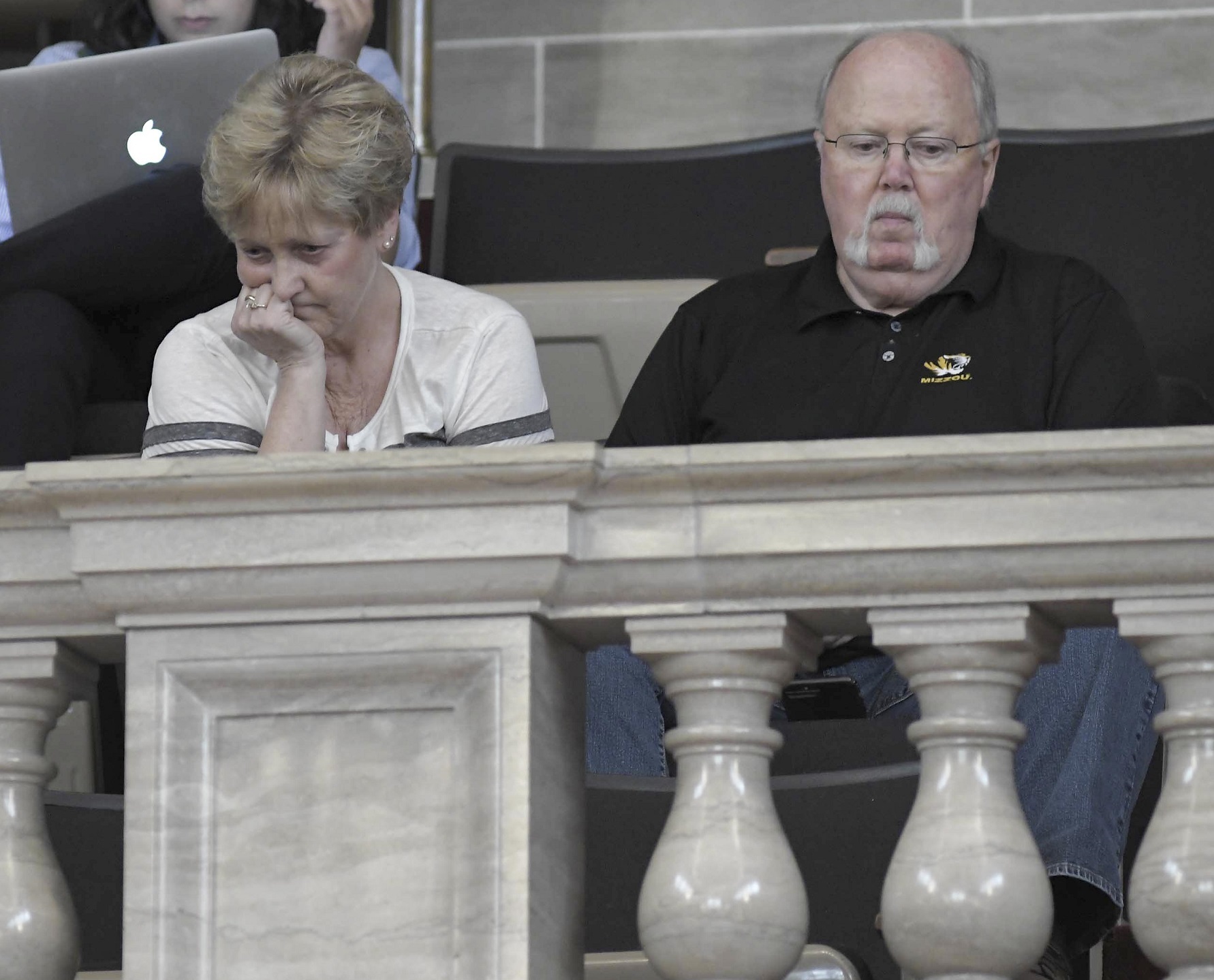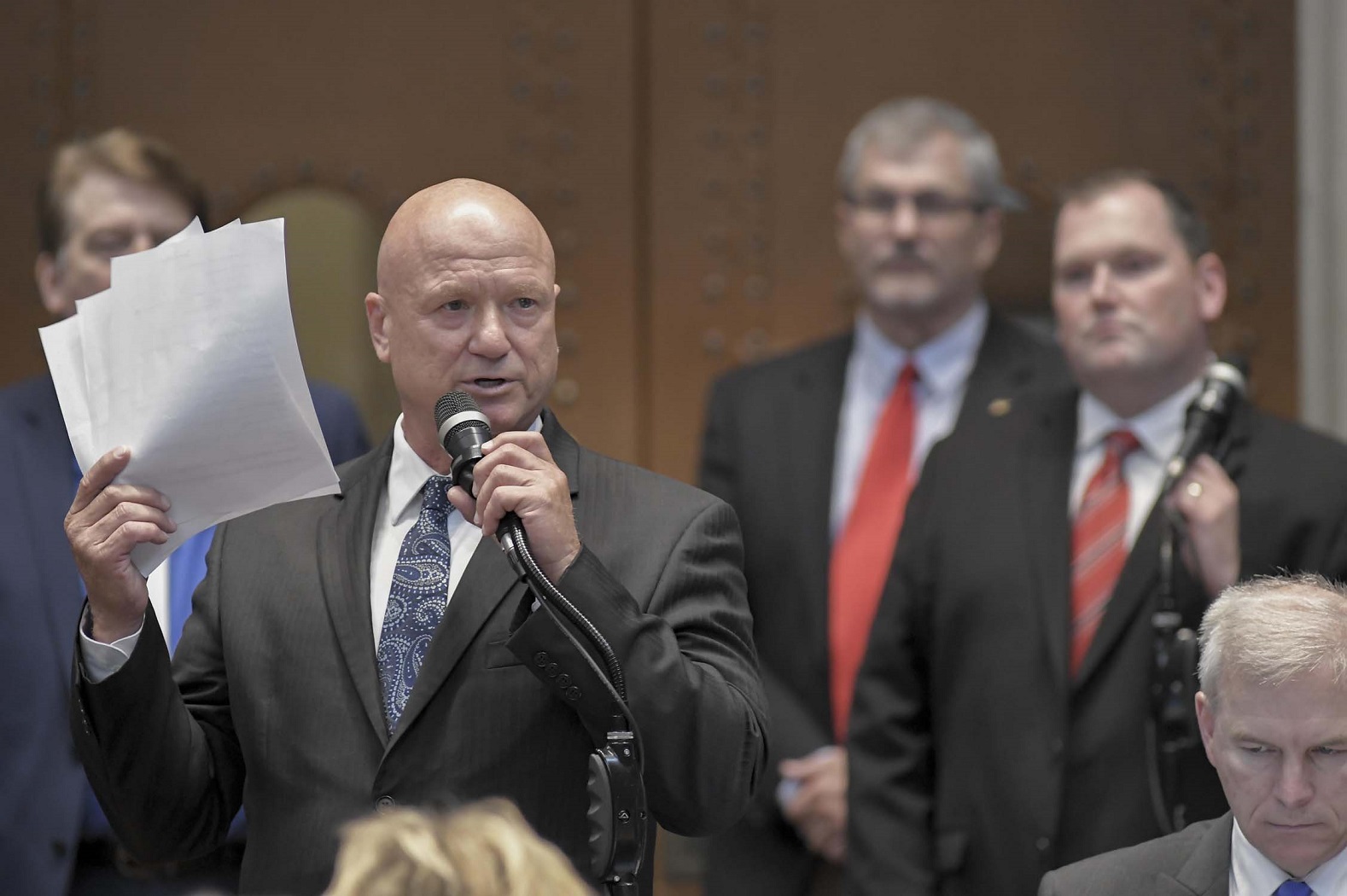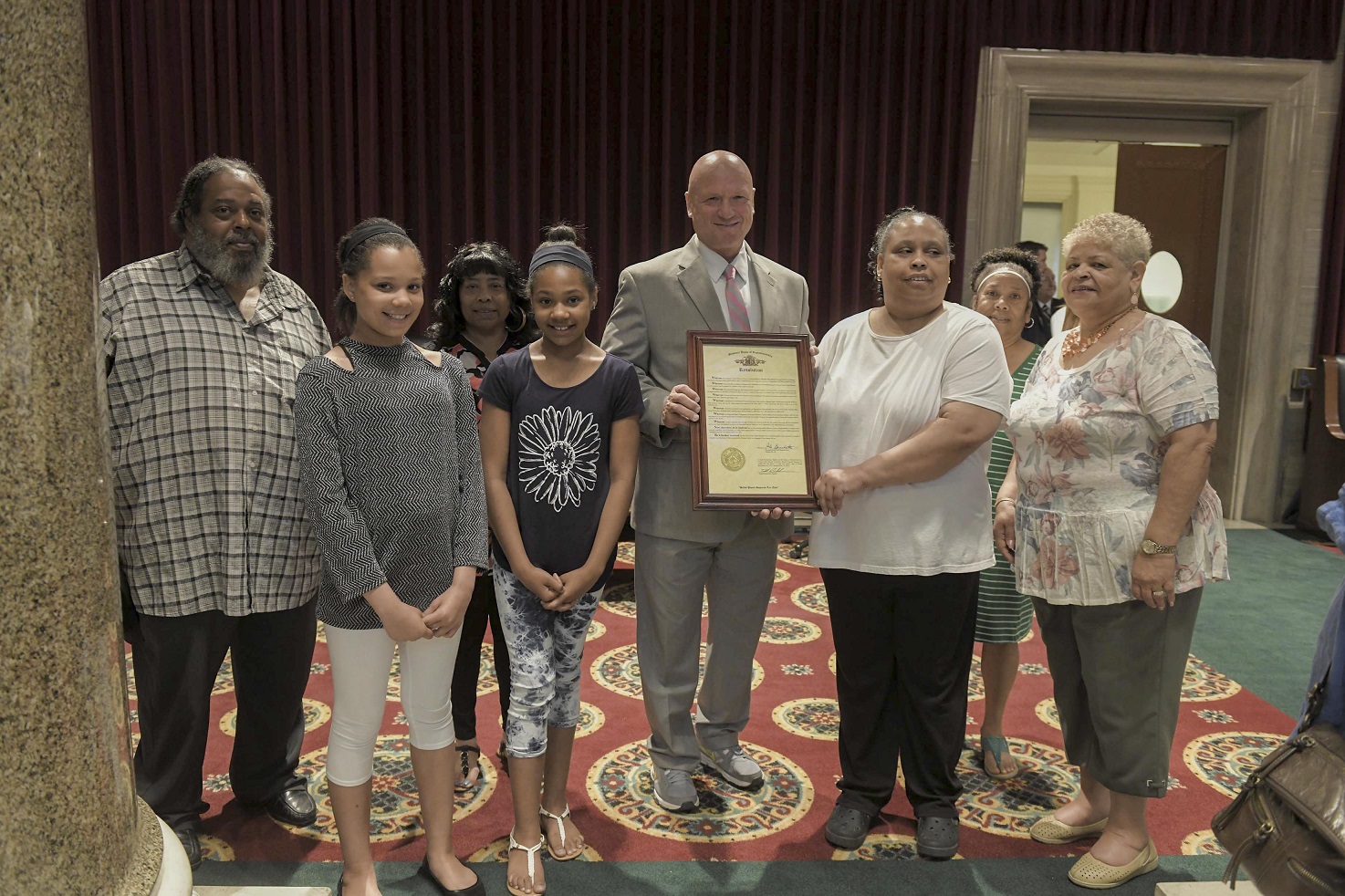One of the legislature’s proposals that has become law will see Medicaid pay for a patient to visit a licensed chiropractor up to 20 times in a year. Backers say by giving Medicaid recipients more options for treating pain, fewer patients will risk becoming addicted to opioids, and the state will save money by getting away from other, more costly treatments.
House Bill 1516 allows licensed chiropractors to be reimbursed for treatment of conditions currently covered under the MO HealthNet program. Sponsor John Wiemann (R-O’Fallon) said such services are currently covered by most private insurance carriers and Medicaid parts B and C on a limited basis. He said more than half of the states in the nation allow Medicaid recipients to receive chiropractic services.
Wiemann said under HB 1516 Missouri will save money as MO Healthnet patients would turn less often to opioid prescriptions and to services from emergency rooms, hospitals, and physicians.
He said the bill is part of a shift happening across healthcare to offer patients more options for treating pain or other chronic conditions.
One of the St. Louis-area chiropractors who testified for HB 1516 when it was in a House committee is Doctor Ross Mattox. He said pain can stem from many different catalysts, and patients must be given more options to manage it. While the best answer isn’t always chiropractic care, he said those it can help should have the choice to use it.
Doctor Quinn James also testified for the legislation. He said some of his patients are seeking chiropractic care after having used medication.
“When they start coming to us they’re able to start to slowly – through their primary [care provider] also – to be able to reduce the amount of medication that they’re taking, so we’re able to get them off of a lot of the opioid medications after we start treating them,” said Quinn. He said to date he’s only been able to offer that care to fully insured patients because Medicaid wouldn’t cover chiropractic care.
Wiemann said he expects more legislation to be filed in future sessions that would seek Medicaid coverage for other pain treatment options. Things like acupuncture and massage therapy could also be candidates for coverage, as a reflection of the shift in medicine to a more all-encompassing approach to treat patients’ pain.
“There’s no doubt in my mind that we will see future legislation that will be pushing for other types of therapies that can alleviate pain without the use of narcotics and opiates – therapies that are known and approved, not some untested and unproven therapies,” said Wiemann, who said he might even carry such bills. “I don’t have any that I’m looking at right now. I’m certainly open to looking at ones that are proven to save taxpayers money in addition to providing good medical outcomes.”
Wiemann noted that the Joint Commission on Accreditation of Healthcare Organizations, a nonprofit responsible for accrediting hospitals, began this year requiring hospitals seeking its accreditation to develop strategies to decrease opioid use and minimize related risks, and to offer patients at least one non-drug pain treatment option.
The House voted 137-4 to send HB 1516 to the governor’s office. Governor Mike Parson (R) signed it into law July 5. Its provisions become effective August 28.


